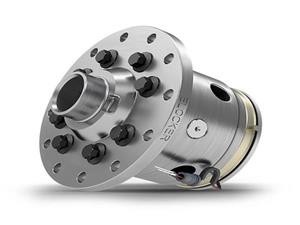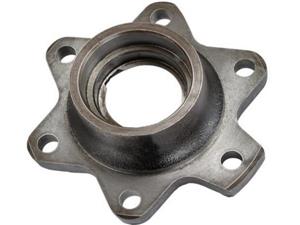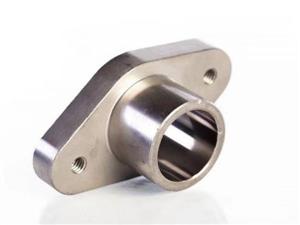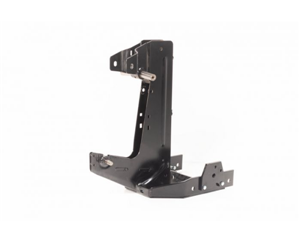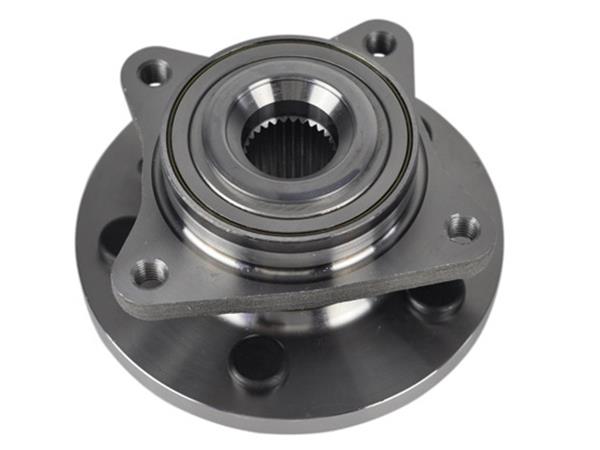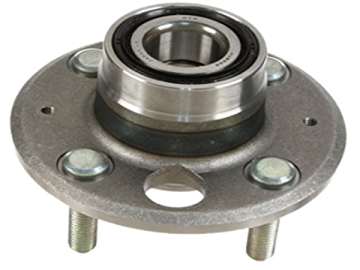Introduction of casting parts
Introduction of casting parts:
Casting is a kind of metal forming object, that is, mold, cooling, grinding and other subsequent processing methods. Casting has a long history of application. In ancient times, people made castings and some daily necessities. In modern times, castings are mainly used as blanks for mechanical parts, and some precision castings can also be used directly as mechanical parts. Castings account for a large proportion of mechanical products. For example, tractors account for about 50 to 70 percent of the total weight, agricultural machinery about 40 to 70 percent, machine tools and internal combustion engines about 70 to 90 percent.
In all kinds of castings, mechanical castings have a wide variety, complex shape and large consumption, accounting for about 60% of the total production of castings. Secondly, there are metallurgical ingots, engineering pipes and some living tools. Casting is also about everyday life. Such as door handles, door locks, radiators, water pipes, iron POTS, gas hobs, irons and so on.
There are many ways to classify castings: according to the metal materials used, castings are divided into steel castings, iron castings, copper castings, aluminum castings, magnesium castings, zinc castings and titanium castings. Each casting can be further classified into different types according to its chemical composition or metallographic structure. For example, cast iron can be divided into grey castings, nodular castings, vermicular castings, forging castings and alloy castings. According to different mold forming methods, castings can be divided into ordinary sand castings, metal castings, die castings, centrifugal castings, continuous castings, investment castings, ceramic castings, electroslag remelting castings, bimetallic castings, etc. Among them, common sand castings are widely used, accounting for about 80% of the total casting production. However, aluminum, magnesium, zinc and other non-ferrous metal castings are mostly die casting.
The quality of castings has a great influence on the performance of mechanical products. For example, the wear resistance and dimensional stability of machine tool castings directly affect the precise maintenance life of machine tools; The size, surface accuracy and roughness of each pump impeller, pump shell and hydraulic parts directly affect the work efficiency, energy consumption and gas erosion development of pump and hydraulic system. The strength and heat resistance of internal combustion cylinder block, cylinder head, cylinder liner, piston ring, exhaust pipe and other castings directly affect the working life of the engine.

